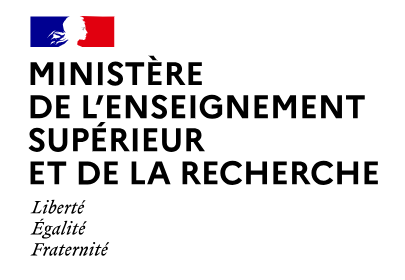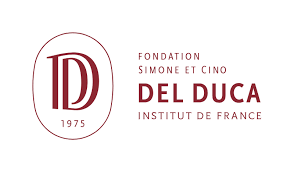WORKSHOP
Hackathon Deepinverse : an open source computational imaging library
Hackathon DeepInverse : une bibliothèque d’imagerie computationnelle open source
8 – 10 September, 2025
Organizing Committee
Comité d’organisation
Samuel Hurault (ENS PSL)
Julian Tachella (CNRS, ENS Lyon)
Matthieu Terris (INRIA Paris-Saclay)
This workshop will serve as a hackathon to develop DeepInverse https://deepinv.github.io/, an open-source PyTorch library for solving imaging inverse problems with deep learning. DeepInverse aims to cover most of the steps in modern imaging pipelines, from the definition of the forward sensing operator to the training of reconstruction networks in a supervised or self-supervised way. The library is the recipient of the obtained the 2024 documentation award at the French Open Source Software for Science Awards https://www.ouvrirlascience.fr/deepinverse/.
The goal of the workshop is to bring together contributors to the library across Europe to develop this open-source project further and consolidate a growing community of researchers using the library in their research projects. The workshop will focus on the addition of new functionalities, in particular new advanced imaging operators, a general framework for diffusion methods for inverse problems, and latentspace approaches. The overarching goal of the workshop is to continue consolidating the library as a default tool for solving inverse problems with deep learning across various research communities
Cet atelier servira de hackathon pour développer DeepInverse https://deepinv.github.io/, une bibliothèque open-source PyTorch dédiée à la résolution de problèmes inverses en imagerie grâce à l’apprentissage profond. DeepInverse vise à couvrir la plupart des étapes des pipelines d’imagerie modernes, depuis la définition de l’opérateur de mesure direct jusqu’à l’entrainement de réseaux de reconstruction de manière supervisée ou auto-supervisée. La bibliothèque a reçu le prix de la documentation 2024 aux Prix Science Ouverte du Logiciel Libre de la Recherche https://www.ouvrirlascience.fr/deepinverse/.
L’objectif de cet atelier est de rassembler les contributeurs à la bibliothèque à travers l’Europe pour faire progresser ce projet open-source et consolider une communauté croissante de chercheurs utilisant cet outil dans leurs projets de recherche. L’atelier se concentrera sur l’ajout de nouvelles fonctionnalités, notamment des operateurs d’imagerie avancés, un cadre général pour les méthodes de diffusion appliquées aux problèmes inverses, ainsi que des approches dans l’espace latent. L’ambition globale de cet atelier est de continuer à positionner la bibliothèque comme un outil de référence pour résoudre des problèmes inverses avec l’apprentissage profond au sein des différentes communautés scientifiques.



